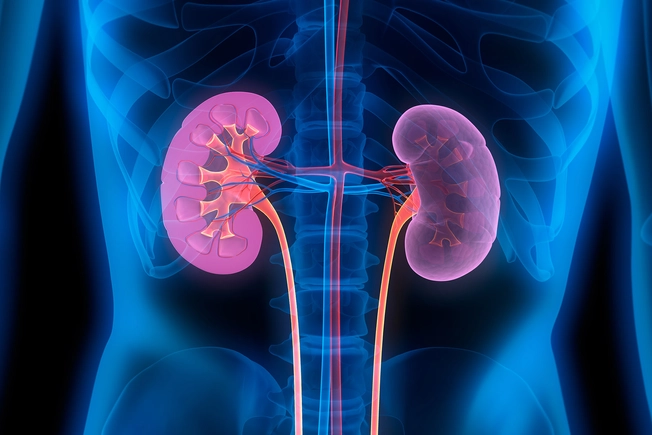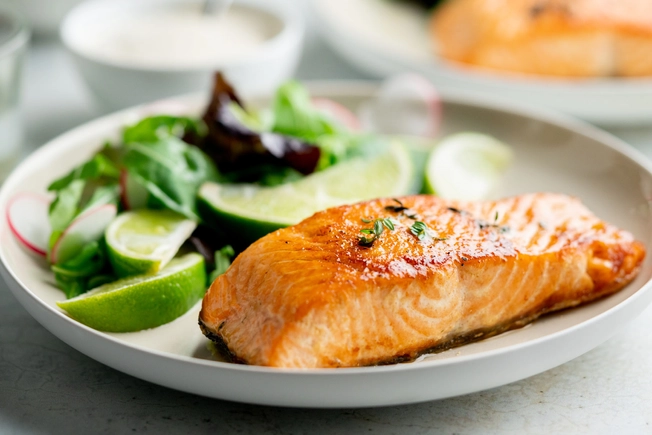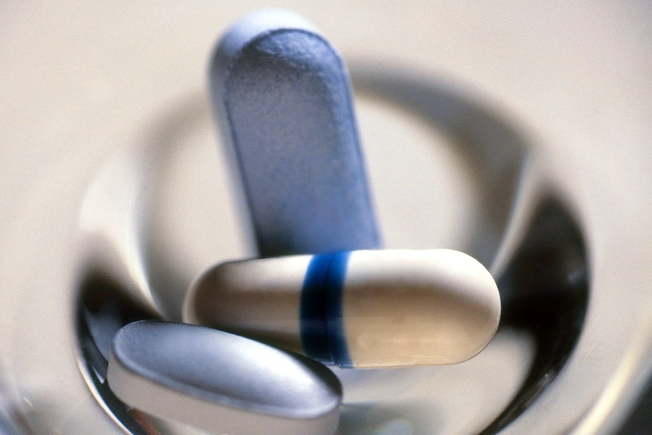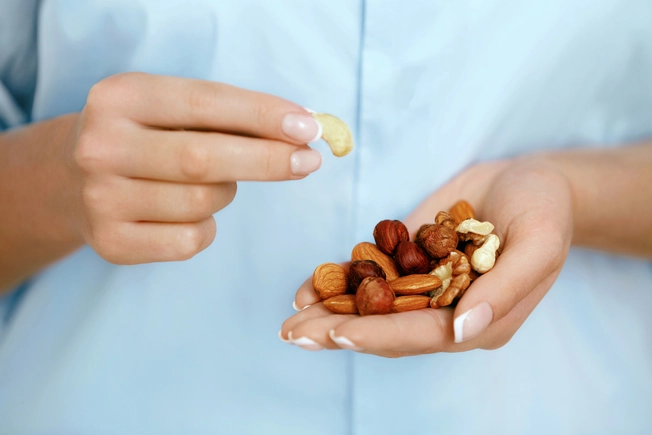How to Nail Your Nutrition When You’re HIV-Positive


The HIV-Nutrition Link
When you’re living with HIV, a nutritious, healthy diet can reduce your symptoms, ease medication side effects, and improve your body’s resistance to other infections and complications.

Why Nutrition Matters
In addition to its dampening effects on your body’s natural defenses, HIV is an inflammatory disease that increases your chances of other problems such as kidney failure and certain types of cancer. HIV medication side effects can also make it hard to get and keep the calories you need. A focus on nutrition can help keep these risks at bay.

Calories and Nutrients
Calories are units of energy. They give your body the fuel it needs to fight off infection. Calorie needs vary from one person to the next. A registered dietitian nutritionist (RDN) can help you understand your daily calorie needs. An RDN can also help make sure you get all your calories from a variety of nutrients, including protein, fat, and carbohydrates, to keep your body running the best it can.

Protein
Protein is a nutrient that’s necessary for repairing cells, maintaining muscle mass, and supporting the immune system. It’s best to get protein from lean meats, poultry, fish, low-fat dairy, eggs, beans, and lentils.

Fat
Fat is a good source of energy, but you want to be sure you’re being source-savvy when you eat it. Go for “healthy” fats such as avocado, plant oils, and nuts. Skip the saturated fats in butter, red meat, and high-fat dairy products.

Carbs
Carbs also provide energy. Depending on which type you choose, your body may digest them quickly or slowly. You’ll get the most sustained energy from slow carbs found in whole-grain foods, such as whole-wheat breads and pastas, brown rice, oatmeal, bulgur, and barley. Faster-digesting, less healthy carbs include white bread, white rice, and sweets.

Vitamins and Minerals
Your body needs vitamins and minerals in order to run smoothly. Zinc and vitamin C, for example, help your immune system function. Iron and vitamin B12 keep your blood cells healthy. The best way to get vitamins and minerals is from food. That’s why you should eat a wide range of healthy foods to make sure you have all your bases covered. But talk to your doctor about whether you might need some extra help from supplements.

Medication Side Effects
Some of the most common side effects of HIV medications include diarrhea, upset stomach, stomach pain, vomiting, and poor appetite. All these can affect your ability to take in and keep in the calories and nutrients that you need. If you have any of these side effects, you need a plan for how you’ll get proper nutrition.

Nausea And Vomiting
You may need to replace calories lost from throwing up. Or, you might be on the hunt for foods you can stomach at all. Either way, for nausea or vomiting, go for the BRAT diet: bananas, white rice, applesauce, and toast. These tend to be easy on the stomach. If you venture beyond BRAT items, don’t eat anything spicy or greasy. Stick with dry foods, such as crackers and cereal without milk.

Diarrhea
Diarrhea depletes your body of both liquids and nutrients. If you have this side effect, you’ll need to rehydrate, and water alone may not be enough. In addition to water, try sports drinks that have electrolytes. The BRAT diet is safe when you have diarrhea, too. Bland foods like oatmeal and tofu might also help.

Loss of appetite
When you don’t feel like eating, make sure you get the most out of what little bit you are able to take in. Try five to six small meals a day instead of larger, less frequent ones. Go for foods that pack a calorie-dense punch such as nuts, granola, and carbs, so smaller portions will deliver more nutrition.
IMAGES PROVIDED BY:
adamkaz / Getty Images
peterschreiber.media / Getty Images
Stevica Mrdja / EyeEm / Getty Images
loooby / Getty Images
NatashaPhoto / Getty Images
fcafotodigital / Getty Images
svariophoto / Getty Image
Francis Sheehan / Science Source
Floortje / Getty Images
Simon McGil / Moment / Getty Images
puhhha / Getty Images
SOURCES:
Academy of Nutrition and Dietetics: “Nutrition Tips to Keep the Immune System Strong for People with HIV AIDS.”
CDC: “Can HIV affect my diet and nutrition?”
American Diabetes Association: “Fats.”
New York State Department of Health: “Eating Tips: A Nutrition Guide for
People Living with HIV/AIDS,” “Managing Side Effects of HIV Medications.”
Harvard Health Letter, June 2015.